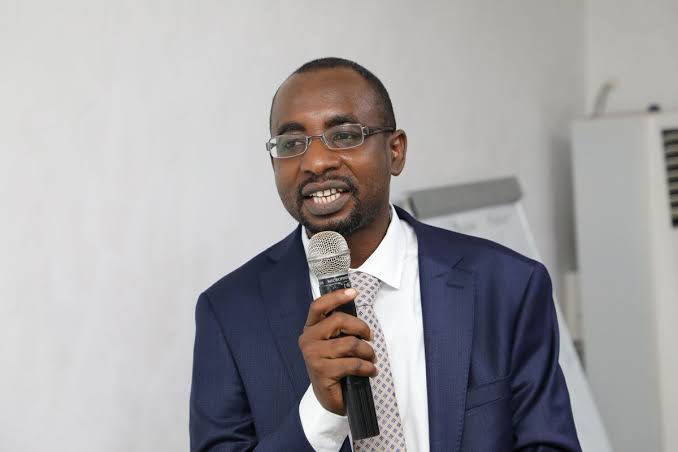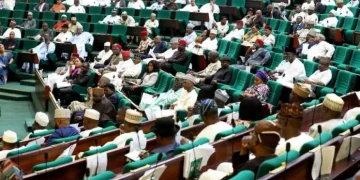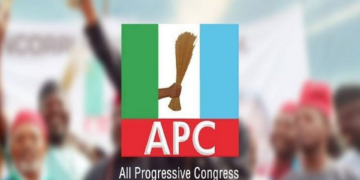In continuation of the implementation of the e-Government Master Plan and the National Digital Economy Policy and Strategy through the Strategic Roadmap and Action Plan (SRAP 2021-2024) of the National Technology Development Agency (NITDA), the Federal Ministry of Communications and Digital Economy has commenced the 2022 eGovernment Service-Wide Capacity Building Progamme nationwide.
According to a statement issued yesterday by spokesperson of NITDA, Hadiza Umar, this is aimed at equipping public servants in the nation with the necessary skills needed for the Fourth Industrial Revolution (4IR) and the future of work.
Speaking on the role of NITDA, the agency’s director general, Kashifu Inuwa, stated that as a result of philosophy of digital inclusion, it was impossible to stay in the comfort of Abuja and drive technology or digital skills and expect it to get to the rural areas which he said was important to the reason why the centre was created in first place.
Inuwa, who was represented by the director, research and development, Dr Agu Collins Agu, added; “Technology is dynamic which makes upskilling and reskilling come into play especially for federal public servants that will be driving all government digital transformation”.
The managing director, Galaxybone Limited and co-chairman of e- GTC governing board, Prof. Mohammed Bello Abubakar while giving an update on the performance of the centre, said in 2020, the number of batches implemented were 10 but in 2021 they were 12.
“In 2020 the number of public servants trained were 489 and 890 in 2021, the number of effective training days were 26 and 48 in 2020 and 2021 respectively. The number of effective training hours were 208 in2020 and 384 in 2021.
“If you look at the number of Ministries, Departments and Agencies (MDAs) the centre was able to pitch, there were 25 in 2020 and in 2021 there were 41. The number of Public servants invited in 2020 were 765 and 1,220 in 2021”, he said.
The Director of eGTC, Prof Suleiman Mohammed, while giving the training plan for the year mentioned that, the Executive Course I, was included so as to train Chief Executive Officers (CEO) of Agencies and Parastatal of the government.





